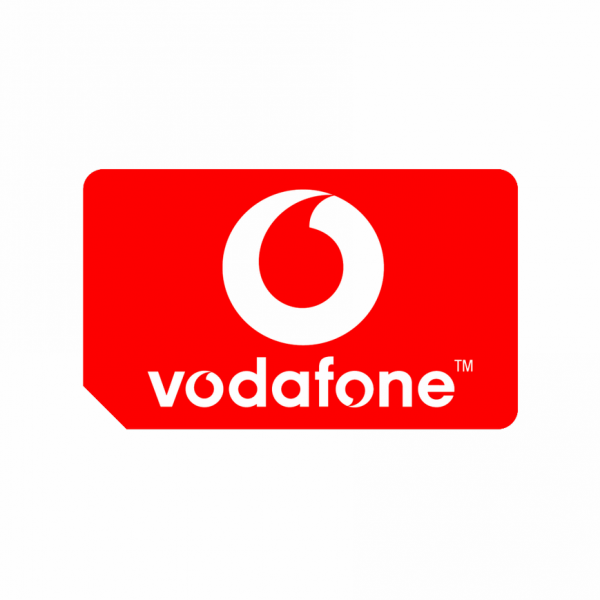ASA Ban Instagram Ad that Vodafone UK Claimed Wasn’t Marketing

The question of what is and is not a marketing communication cropped up again after the UK’s Advertising Standards Authority (ASA) banned an Instagram post and story linked to mobile and broadband provider Vodafone, which is despite the operator claiming they did not believe that the posts were advertorials.
Both the post and story, as first seen on 3rd July 2022, were found on Alexandra Felstead‘s Instagram account and featured pictures of her, often nearby Vodafone’s logos (we had to Google it, but she’s a TV personality and entrepreneur). One of the accompanying comments said, “Thank you @Vodafone UK for being such incredible hosts #feel the connection,” while the story image was tagged with @Vodafone, #feeltheconnection and a location marker for Wimbledon.
An unspecified complaint then prompted the ASA to investigate whether the post and story were identifiable as marketing communications, which is despite Vodafone saying they did not have a contractual agreement with Ms Felstead. But they did provide her with tickets to Wimbledon and invited her to their hospitality suite as a guest, which they acknowledged could be considered a form of payment.
Advertisement
“Vodafone provided details of the communication sent to Ms Felstead’s agent regarding the provision of the tickets … They also provided a copy of a PDF which was sent to all of their guests encouraging them to share their Wimbledon experience by uploading stories and photos throughout the day tagging @VodafoneUK and using the hashtag #FeelTheConnection on Instagram,” said the ASA.
ASA Ruling (REF: A22-1160072 Vodafone Ltd)
We considered those requests, and particularly the specification of a defined hashtag, amounted to an instruction on what to post, and ultimately a level of editorial control over the content of Ms Felstead’s post.
We therefore considered that this communication, along with providing her with support from the Head of Social Media and Content for Brand Marketing on the day, went beyond a hope that she would post something positive about them, to an expectation that she would. We therefore considered the posts were marketing communications for the purposes of the CAP Code, and should have been labelled as such.
We assessed the posts as they had appeared and considered there was nothing that made clear to those viewing that they were an ad. We acknowledged the addition of #gifted by Ms Felstead, however, we considered this was not sufficient to make clear to consumers it was an ad. We therefore concluded that the ads were not obviously identifiable as marketing communications and breached the Code.
As usual the ASA banned the promotions in their current form, before telling both Vodafone and Alexandra Felstead to ensure that their future ads were obviously identifiable as marketing communications, and that identifiers such as ‘#ad’ were used and were clearly and prominently displayed.
Mark is a professional technology writer, IT consultant and computer engineer from Dorset (England), he also founded ISPreview in 1999 and enjoys analysing the latest telecoms and broadband developments. Find me on X (Twitter), Mastodon, Facebook, BlueSky, Threads.net and Linkedin.
« BT Suspend Doorstep Selling on Isle of Wight After Serious Complaint





















































Can we fine these ‘influencers’ with 1500 hours of trench digging for fibre – in rural areas, with no recourse to a network connection for 900 days 🙂
Fine the networks as well while we are at it
And also dissolve the ASA and replace it with a proper agency who would actually know how to do its job!
The ASA doesn’t even know what “fibre broadband” is, and has hence massively contributed to misleading consumers all over the UK.